Suggestions
- Knowl the game. While many people think they can become professionals by watching it on TV, that's just not true. There is more to the game than many believe. Buying a book on how to play poker is essential to those players just starting out. There are many different styles of play, and it is crucial to know the basic strategies (see Resources below).
- Have sufficient funds. Entry fees range from very small to huge amounts, so it's important to have a bankroll. Building a bankroll from tournament wins is the best way to manage funds. Never play outside of your means and focus on building your way up in tournaments. Start small and play according to your budget.
- Play conservatively. It is about outlasting the other players, so this is not the time to play aggressively or attempt several bluffs. In order to become a professional poker tournament player, it is important to practice patience.
- Knowing the players you are up against. Being able to "read" your opponents is something that many players spend a lot of time learning. This becomes important in determining whether or not a person is bluffing. Knowing what another player is all about at the poker table will make your poker play a lot better.
- Remember that you can't win them all. Knowing that you will never win every hand and that you will more than likely take a bad beating at one point or another will make it easier to handle a loss. Many poker players let their emotions rule them. This is what "playing on tilt" means. Players who get angry or upset over losses tend to focus on that one sloppy play. The most successful professional poker tournament players are those that are even tempered.
Tip
- It is important to follow the tournament circuit. There are various websites and publications that list tournament schedules for many card rooms and casinos (see Resources below).
______________________


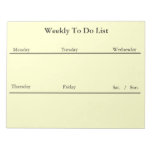
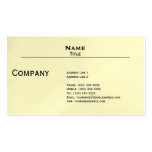
 Eggshell (Textured) Business Card
Eggshell (Textured) Business Card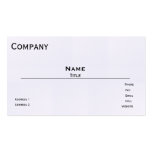

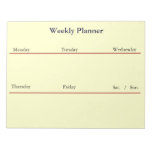
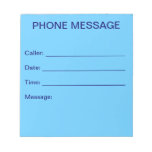
No comments:
Post a Comment